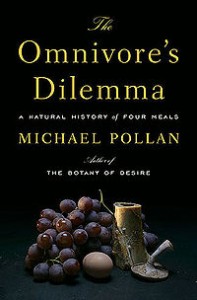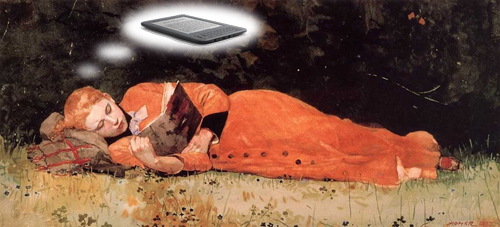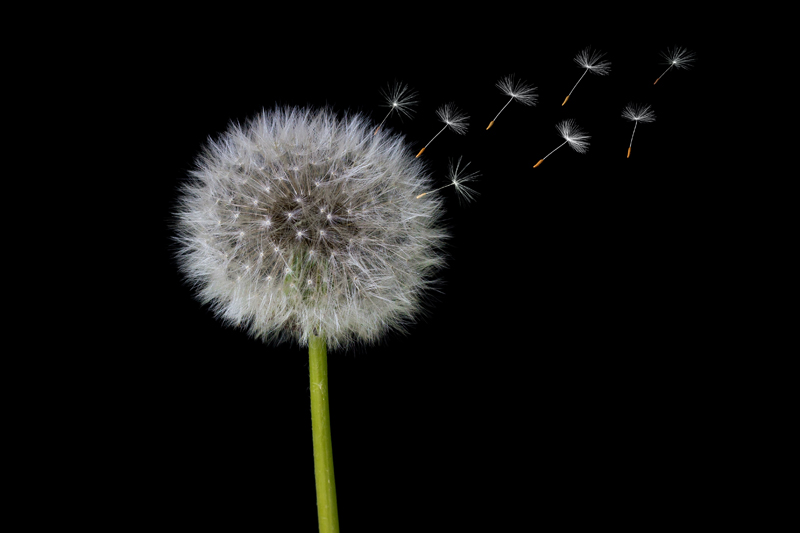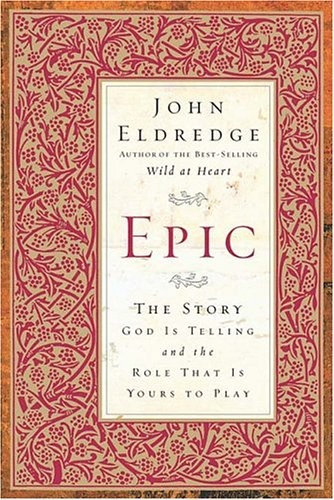The Omnivore’s Dilemma
 I know, I know. Everyone else has read The Omnivore’s Dilemma. Let’s just say I’ve been bracing myself for some time to read it. Published in 2006, this book traces several different food chains culminating in different meals: industrial, alternative (grass-fed and organic farms), and hunter-gatherer. I had a feeling it would be a book that would provoke change, and I wanted to be ready.
I know, I know. Everyone else has read The Omnivore’s Dilemma. Let’s just say I’ve been bracing myself for some time to read it. Published in 2006, this book traces several different food chains culminating in different meals: industrial, alternative (grass-fed and organic farms), and hunter-gatherer. I had a feeling it would be a book that would provoke change, and I wanted to be ready.
I was familiar with the subject. Michael Pollan has read Wendell Berry, Wes Jackson, Louis Bromfield, Aldo Leopold, even Sir Albert Howard — all authors I read when I was studying Berry. (He’s also read a wide variety of other writers and is a true omnivore as a reader.) But I knew this book would take up some of the same subjects in a more confrontational way.
When I read and thought about agriculture and nature before, I was a single graduate student, living in an apartment. Now I’m a homeowner and a mother who thinks more about the future of the world my children are growing up in. Everything about my situation 15 years ago tended toward a strong intellectual response to these ideas, but a very limited practical one. Now, as I think about the mental and physical and spiritual nourishment our children are receiving, everything about my situation tends toward a practical response — and even a sense of urgency.
If we set out to systematically destroy the earth, we couldn’t come up with a better way of doing it than industrialized agriculture, which splits apart the relationships that make for health and good stewardship and replace them with pollutants, fertilizers, soil depletion, a weird symbiosis between weapons manufacturers and food production, unconscionably brutal treatment of animals, and ultimately poor health for American eaters. Pollan makes the point that our dilemma — what to eat for dinner — is ultimately a very significant question, and our answer can make a political statement as well as a statement about our own humanity.
Pollan is a likable guide on the harrowing journey through the food industry. Despite the annoying person who actually corrected typos and made stylistic suggestions in pencil in my library copy, Pollan is a fine writer, thoughtful and articulate and witty. I can’t help but like someone so willing to jump in and explore all parts of the subject, whether it involves driving a tractor, slaughtering chickens or baling hay. The point is that much of what passes for acceptable practice thrives only because of our ignorance. Be willing to look, Pollan urges.
Many of the details of the book and the industry are available online and there’s no need for me to go any further into it here. But I was right that reading this would be a loaded experience. My husband and I have talked about it several times as I’ve been reading, and we’re on the same page about trying to make some changes. I’m glad I waited till I was ready to read this and feel that the acclaim the book has received is well earned.



6 Comments
Amy@bookmusings
I read this book a couple of years ago and was also impressed by Pollan’s willingness to see everything, and DO everything related to the food he eats. We should all have that much integrity.
Josh
Just found your review through Sherry’s Saturday Review of Books. I too have been putting off reading Omnivore’s Dilemma until my wife and I are at a place that we can actually put some of it into practice. Now that grad school is almost wrapped up, we may pick up a copy. Thanks for the review!
Carrie, Reading to Know
Like you, I’ve waited to read this book until I’m “ready” for it. I have a feeling it will produce change and I need and want to be in a position to think through this one in a thoughtful manner. It’s a popular book where I live but I’ve resisted it so far. I was happy to see your review pop up. I’m becoming more eager to read it.
On another note – I REALLY like your new page layout. It’s very you.
Janet
Thanks, Carrie. :-)
Alice@Supratentorial
I read this a few years ago. After reading it I was really on fire to change our habits but over time I admit to being more lukewarm in my efforts. I agree with much of Pollen writes but it’s difficult to balance with things like budget and convenience. The points he raises about things like industrial scale organic farming is also troubling. Sometimes I still feel like I’m so confused about what is really ok from an environmental standpoint that I might as well just give in and stop trying.
When I look back though, we have made small changes. We do buy more from farmer’s markets and a CSA in the summer, we do try to do local eggs and meat and sometimes milk. We actually have the luxury of ordering from the farm that he mentions in the book, although lately we’ve been using a small local grocery store in our town. But we also still buy the majority of our food from a major grocery chain and more than I like is processed and industrial.
Janet
I can see how it would be very easy to default back into my familiar food habits, too. I think small changes are the place to start.
Right now we’re just trying to see what our options are locally. It would be fantastic if we could find a farm around here that resembled Polyface, but if there is one, I haven’t found it yet.